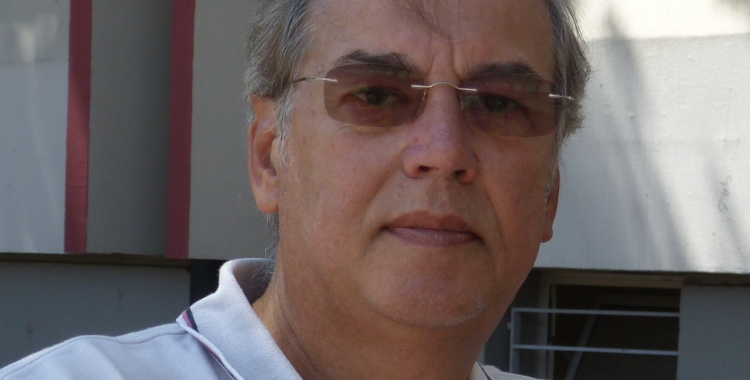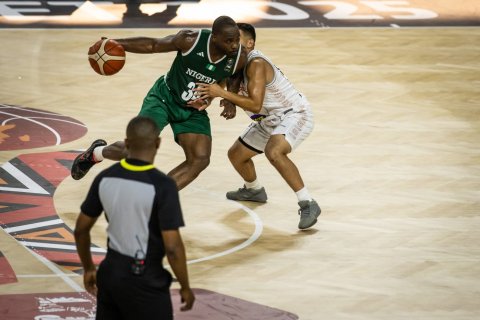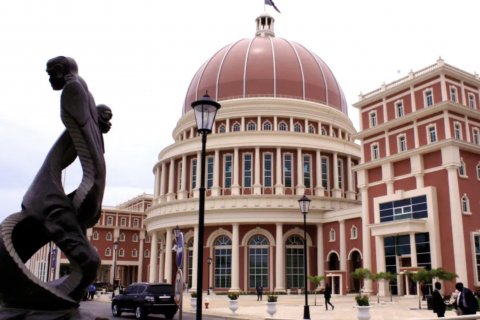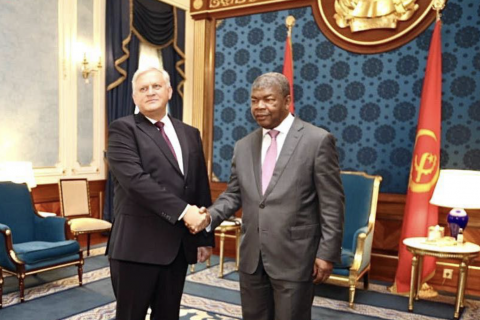Eugénio Costa Almeida, who was speaking to Lusa after the head of state classified the incidents this Wednesday as "a true act of terror" that points "to the materialization of a macabre plan of ungovernability" and an "attempt to subvert power democratically instituted", considered that the statements were "a shot in the foot", despite having witnessed acts of terror.
"Given what happened, I accept that the President of the Republic says that it was an act of terror, especially when you see a bus being set on fire and people fleeing, which prevented the drama from escalating", stressed the researcher from the Center for International Studies at Iscte - University Institute of Lisbon.
However, it is "dangerous" to echo the words of the provincial secretary of the Popular Movement for the Liberation of Angola (MPLA, in power) in Luanda, Bento Bento, who accused the National Union for the Total Independence of Angola (UNITA, the main opposition party) to be involved in vandalism, especially on the eve of elections, which will be held in August.
"Going public to say that acts of vandalism that, yes, should be seen as acts of terror, are attributed to a certain political body is very dangerous, [the President] has an obligation to know the consequences of words with this content", pointed out, saying that if João Lourenço is aware of "who are the people" involved in the ungovernability plan, he should say who they are, not leaving veiled accusations in the air.
The head of state said this Wednesday that "what happened on Monday was a true act of terror, whose fingerprints left in the path of crime are clearly visible and easily recognizable and point to the materialization of a macabre plan of ungovernability." through the promotion of the vandalization of public and private assets, incitement to disobedience and rebellion, in an attempt to subvert democratically established power".
UNITA and the taxi drivers' associations repudiated the violent acts and the destruction of goods, including a bus belonging to the Ministry of Health and a building of the MPLA action committee, demarcating themselves from vandalism.
Eugénio Costa Almeida pointed out the great social dissatisfaction and the high unemployment that affect young Angolans as a trigger for these events, leading to "the social crisis that was latent turning into chaos".
Therefore, the Portuguese-Angolan academic and specialist in International Relations stressed that João Lourenço should adopt a tone "of appeasement, not confrontation", while condemning the events "harshly".
"I believe that [Lourenço] wanted to convey an idea of stability, speaking to the inside, but also to the outside, because a country that shows that chaos is not attractive to investors, but, from the moment that veiled accusations are made, it is to create a political and social confrontation that is not appropriate at the present time and that does not help the stability of the country", he commented.
The analyst also addressed the taxi drivers' strike, considering it "strange" that the Government has vacillated with regard to the increase in the capacity of candongueiros (popularly known as "taxis", collective transport that take up to 15 passengers).
"If we are in a pandemic this is not acceptable, it has exceeded common sense and the need to contain the pandemic", he criticized.
The start of the Angolan taxi drivers' strike, which was suspended on Tuesday, was marked by disturbances in different parts of the city of Luanda and reports of attempts to lynch journalists covering the incidents.
Convened by the Associação Nova Aliança dos Taxistas de Angola, the Associação dos Taxistas de Angola and the Associação dos Taxistas de Luanda, the main demands of the strike were opposition to the reduction in the number of taxi drivers and passengers, within the scope of measures to combat covid-19, the inclusion of taxi drivers in Social Security and their access to the professional card, and a response to the "degradation" of the relationship between police and taxi drivers, due to the "excessive zeal" of the authorities.
Taxi drivers called off the strike on Tuesday, expressing themselves open to dialogue, but also denounced being the target of persecution and arbitrary arrests, estimating that around a hundred of their associates had been arrested.







